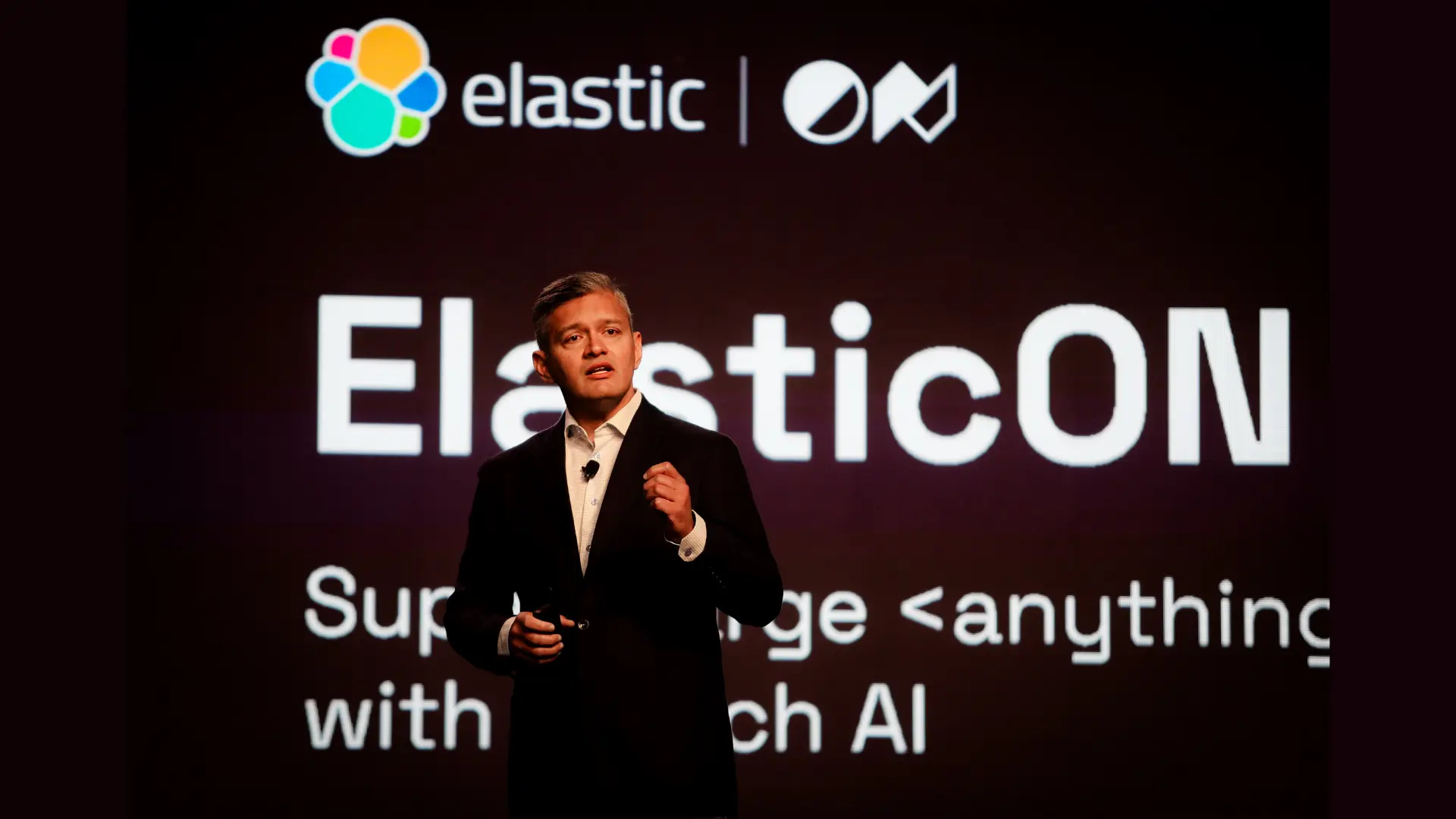Biotech company Richcore LifeSciences launches second recombinant protein manufacturing facility in Tumkur
The company claims that the new facility will include 180,000-litre fermentation capability to produce multiple recombinant biotech products
Bengaluru-based biotechnology company LifeSciences, announced the expansion of its manufacturing capabilities by building its second recombinant protein manufacturing facility in Tumkur, Karnataka.

Credit: Subramani Ramachandrappa Twitter handle
The company is involved in development of enzymatic solutions for industrial biotechnology and animal origin-free recombinant proteins and enzymes for the biopharma sector. According to the official statement, the new facility will include 180,000-litre fermentation capability to produce multiple recombinant biotech products to meet the needs of biopharma, cell culture, and food industries.
The company is also a part of National Biomedical Resources Indigenisation Consortium (NBRIC) which was constituted by Department of Biotechnology, Government of India, and hosted and convened by C-CAMP.
Speaking about the expansion development, C-CAMP CEO and Director, Dr Taslimarif Saiyed, the Convener of the NBRIC Governing Council, said, “As a national and global supplier of world-class recombinant protein technologies, a critical component of many biotech and biopharma products, this development at Richcore is of immense significance for India’s Aatmanirbhar Bharat Mission. NBRIC welcomes and congratulates Richcore on this achievement and looks forward to working with all stakeholders towards making India a self-sufficient bio-manufacturing hub.”
Speaking with YourStory, Subramani Ramachandrappa, Founder of Richcore, explained that recombinant proteins are "expressed by modifying or enhancing the DNA of a host cell with a DNA code of another organism (human/animal/plant) to produce a protein of interest."
Expansion plans
The company claimed that the new facility is aimed at helping Richcore increase its manufacturing capability 20 times by January 2021. This facility is the first establishment as a part of many large-scale global quality bio-manufacturing sites which the company plans to launch over next few years.
“Richcore’s expansion will go a long way in augmenting indigenous manufacturing of biomedical resources, and strengthening India’s domestic supply chain, especially important in the backdrop of the government’s call for local sourcing and local manufacturing,” the official statement read.
Speaking on the future plans, Subramani said the company is aimed at scaling up the current products and also offer large-scale manufacturing services to the clients.
"Biotechnology is a research and asset heavy industry where companies take anywhere between three to seven years to design and successfully commercialise their products, due to the R&D risks and the regulatory hurdles. We have gone through the process of development and commercialisation for many of our products and are now scaling up to meet demand. We are aiming to create the world’s largest recombinant microbial manufacturing capability over the next 10 years," he adds.
According to the company, the foundation stone for the new facility was laid by the Honorable Deputy Chief Minister of Karnataka and IT/BT, Science and Technology Minister, Dr CN Ashwathnarayan on June 15.
The solution
Founded in 2005 by Subramani Ramachandrappa, Richcore is involved in developing non-animal origin ‘green’ recombinant protein technology. According to the company, the products help global biologics, vaccine and cell culture companies to achieve higher levels of drug safety compliance by replacing viral-contamination prone, animal-derived components with their recombinant non-animal origin (NAO) alternatives.
"Richcore is in the business of developing recombinant proteins which are currently produced in animals or human and in bacterial cells such as yeast, Ecoli, Bacillus, etc. Our customers who are biologics, work with vaccines, cell culture media, or cultured meat companies, are using our products to do away with using animal or human derived products in their processes as animal derived products are subject to viral risks, lack traceability, not consistent or subject to supply demand gaps," Subramani adds.
According to the official website, the Richore solutions are currently being used globally by the food, water, energy, and biopharma industries.
“For example, the recombinant trypsin (rcTrypsin) has enabled production of more than 10 billion doses of safer insulin shots till date. Moreover optimised cGMP development and cGMP certified manufacturing platforms enable them to adhere to international quality control and safety standards,” the statement notes.
Edited by Kanishk Singh








